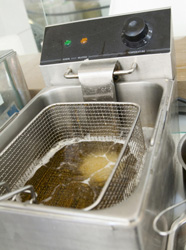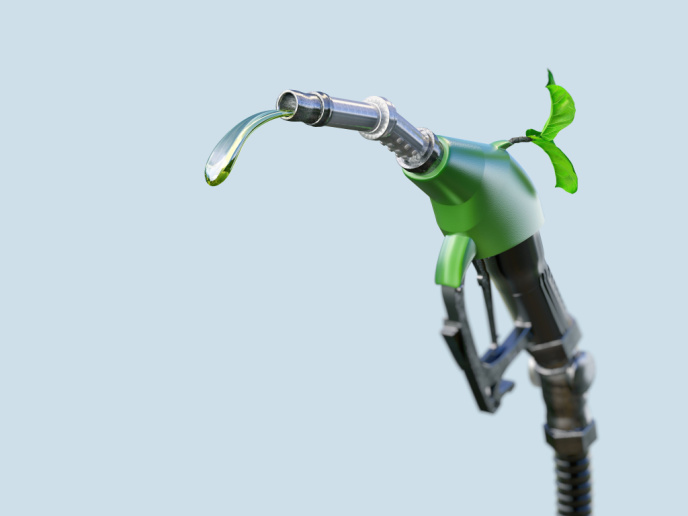Waste fat to fuel Europe's plants and economy
The goal of the 'New technology for conversion of waste fats to high-quality fuels' (Greasoline) project was to convert waste fats into diesel and kerosene. The EU-funded project generated hydrocarbons from fatty acids using catalytic pyrolysis, a process for breaking down organic material using heat in the absence of oxygen. The catalyst employed was activated charcoal, which has certain advantages with regard to applicability, structure and regeneration. Research showed that poor-quality waste fats and oils contain high levels of fatty acids and are an ideal low-cost feedstock for Greasoline plants. Therefore, the technology developed by the consortium can contribute to supplies of biofuels without impinging on valuable food reserves. Project partners carried out both theoretical and experimental work to develop the process first at the lab-scale and then at the pilot-scale. Following preliminary testing of the control and emergency systems, a larger plant capable of converting three kg of waste fat per hour was made ready for operation. The collection of waste fats and operation of plants is a major business opportunity for Europe's small and medium-sized enterprises (SMEs). The technology can also be exported around the globe to help reduce the extraction of fossil fuels from the natural environment.







